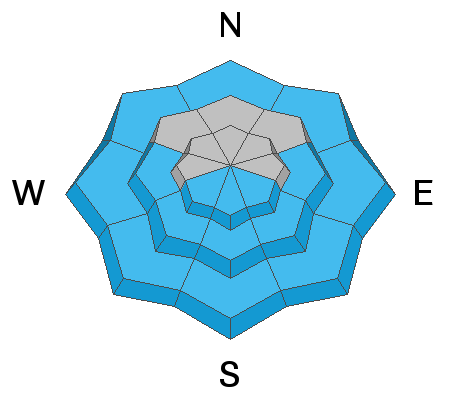Forecast for the Logan Area Mountains

Issued by Paige Pagnucco on
Wednesday morning, March 23, 2022
Wednesday morning, March 23, 2022
Heightened avalanche conditions exist on northerly facing upper and mid-elevation slopes steeper than 30°. People could trigger slab avalanches, up to two feet deep and a couple hundred feet wide, failing on a buried persistent weak layer of faceted snow.
The high March sun and the current warming trend will cause a general increase in avalanche danger.
Loose wet and wet slab avalanches may be possible as temperatures increase.
*Evaluate snow and terrain carefully today.
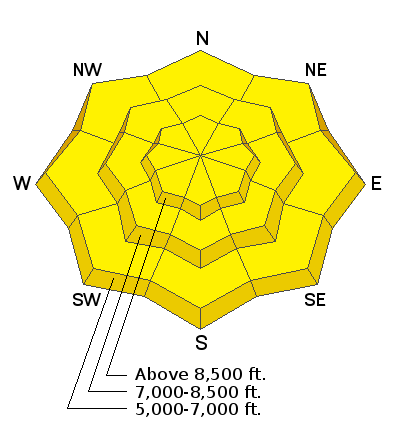
Low
Moderate
Considerable
High
Extreme
Learn how to read the forecast here


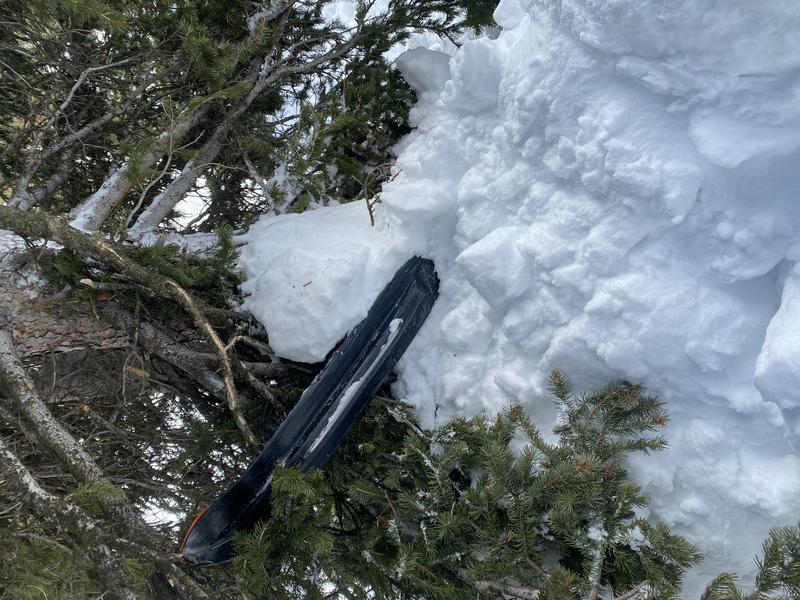
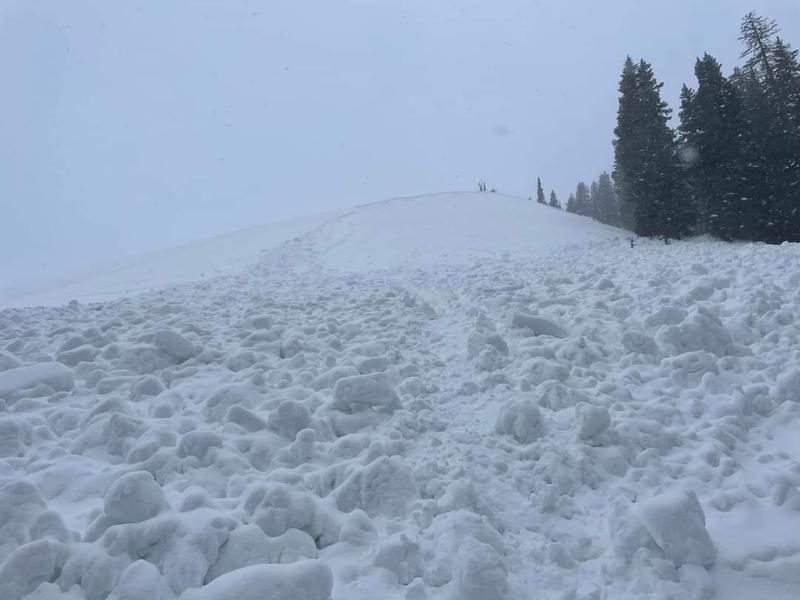
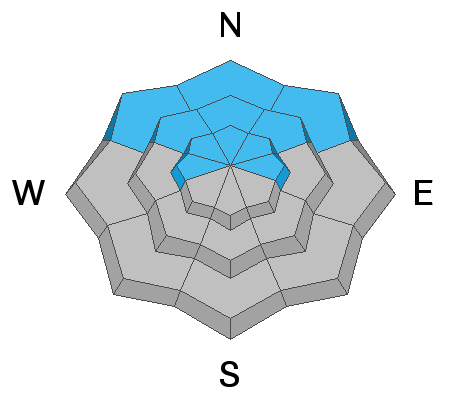
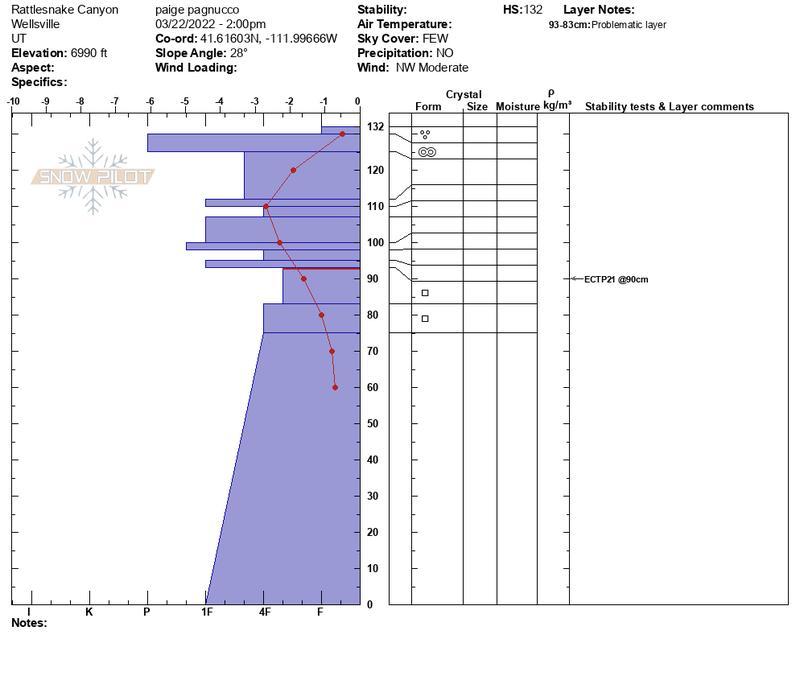 e
e